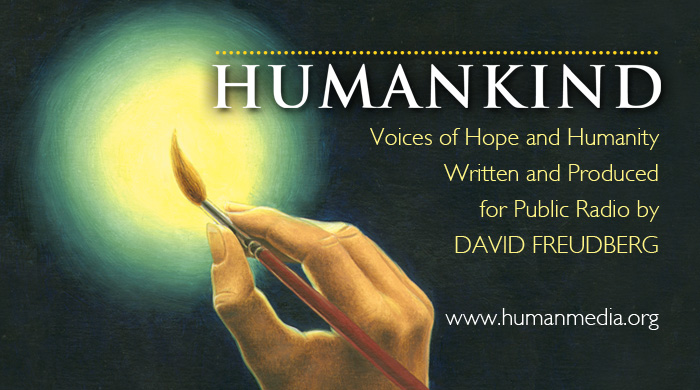By Bond Collard.
High-stakes standardized tests are a fact of life in the American education system. The tests were widely adopted through the No Child Left Behind Act of 2001, passed under President George W. Bush.
Standardized testing in schools was supposed to provide a metric for how well children were learning. Today, there is a rapidly growing movement of families and educators opting out of standardized tests, saying they want the testing to stop and are working to develop new ways to track educational progress.
“High-Stakes Testing” is the latest episode from public radio program Humankind and is now available as a free podcast for a limited time.
In this episode, award-winning producer David Freudberg focuses on the protests against standardized testing and explores students’ experiences with alternative teaching methods through a series of interviews with educators, parents and students.
Ann Cook, the executive director of the New York Performance Standards Consortium, echoes many educators who feel that extensive testing has marginalized important academic content in the process, saying there is “a drop off in kids understanding government and society, and history.” She then adds, “there are lots of subject areas that students aren’t exposed to, lots of activities that students aren’t exposed to, and lots of approaches that don’t lend themselves to testing.”
Teachers are not alone in their disapproving stance on test-based evaluations. At Urban Academy in New York City, which does not administer tests, numerous students also speak unfavorably about their own experiences with standardized testing.
Elliot Garcia, a former Urban Academy student now studying computer science at Bard College, says that before he transferred to the academy he, “had a math teacher who told us [the students] on a daily basis – and he would look at us in our eyes – he said, ‘if you don’t pass this test, you are a failure and you can’t succeed in school.’”
This “pass or fail” attitude led Garcia and students like him to feel defeated and discouraged whenever they were assigned schoolwork, and can cause so much stress that it is not uncommon for students to break down in tears on test day.
Garcia later contrasts this hardline approach to testing with Urban Academy’s efforts to encourage more critical thinking and learning for the sake of learning without relying on tests:
“It was a turning point because I was able to build my voice. Formulate my own opinions on what I think about certain issues and certain subjects and certain texts…That was huge for me because I wasn’t able to do that before, I wasn’t able to write a page without it feeling like I was writing a whole lot of nothing.”
To learn more and to hear the full “High-Stakes Testing” episode, and other important, engaging and informative podcast episodes, you can subscribe to the Humankind podcast at no charge by clicking the following link:
High-Stakes Testing – Humankind
Humankind is a documentary series distributed worldwide by NPR and produced in association with WGBH/Boston.
Learn more at humanmedia.org.






Leave a Reply